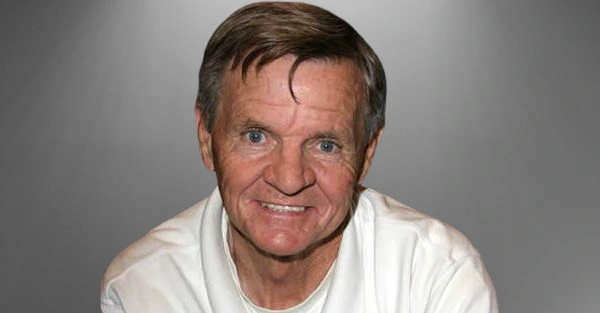Does Lee Aaker Smoke?:N/A
Does Lee Aaker Drink alcohol?:N/A
Early Years:
Aaker’s mother, Mrs. Myles Wilbour, owned a dancing school in Los Angeles. Another source suggests that she ran a children’s theatre academy and had Aaker singing and dancing at local clubs from a young age1.
As a young child, Aaker appeared uncredited in films such as “The Greatest Show on Earth” (1952) and “High Noon” (1952). His talent quickly propelled him to featured roles in various film genres1.
Film Career:
Aaker showcased his acting abilities in diverse film styles. Notable roles include:
The kidnapped “Red Chief” in a segment of “O. Henry’s Full House” (1952).In “The Atomic City,” Gene Barry’s kidnapped son.
Co-starring in the John Wayne western classic “Hondo” (1953) as the curious blond son of homesteader Geraldine Page.
Aaker also appeared in diverse films like the noir “Jeopardy” (1953) and comedies.
Television Stardom:
In 1953, Aaker won the role of “Rusty” on “The Adventures of Rin-Tin-Tin,” where he co-starred alongside James Brown as Lieutenant Ripley “Rip” Masters.
Aaker and Tommy Rettig, who played Jeff Miller in the original “Lassie” series, were friends. Both shows were popular, and the two actors, along with their canine co-stars, appeared together on the cover of TV Guide in 19551.
Later Years and Personal Life:
As an adult, Aaker struggled to find work as an actor. He received a lump sum payment of $10,000 (equivalent to $98,200 in 2023) from the studio that produced “Rin Tin Tin.”
Aaker spent the rest of the 1960s traveling the world as a sort of flower child.
When acting roles dried up, Aaker shifted to producing then carpentry.
Lee Aaker had a two-year marriage to Sharon Ann Hamilton in the late 1960s.
Toward the end of his life, he experienced poverty and substance abuse issues1.
Passing:
Lee Aaker suffered a stroke and passed away on April 1, 2021, in Maricopa County, Arizona. He was listed as an “indigent decedent” at the time of his death2.
Lee Aaker’s legacy as Rusty continues to resonate with fans of “The Adventures of Rin Tin Tin,” and his contributions to television history remain iconic

